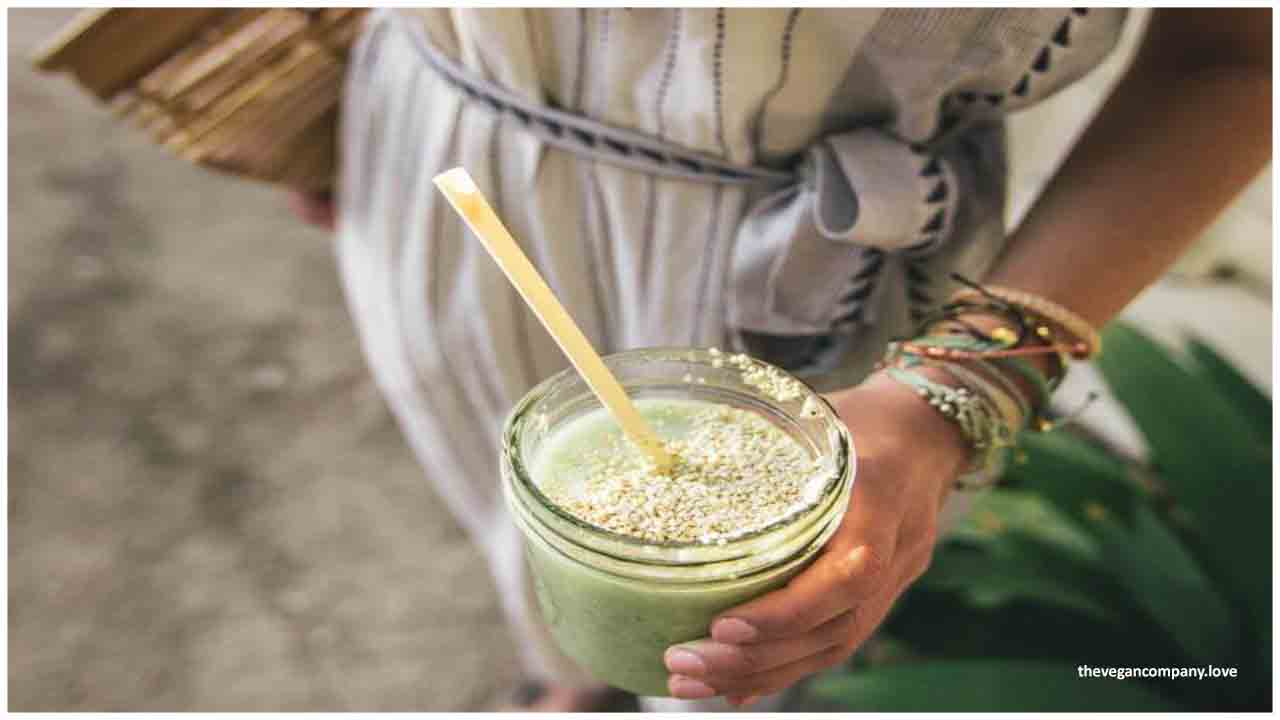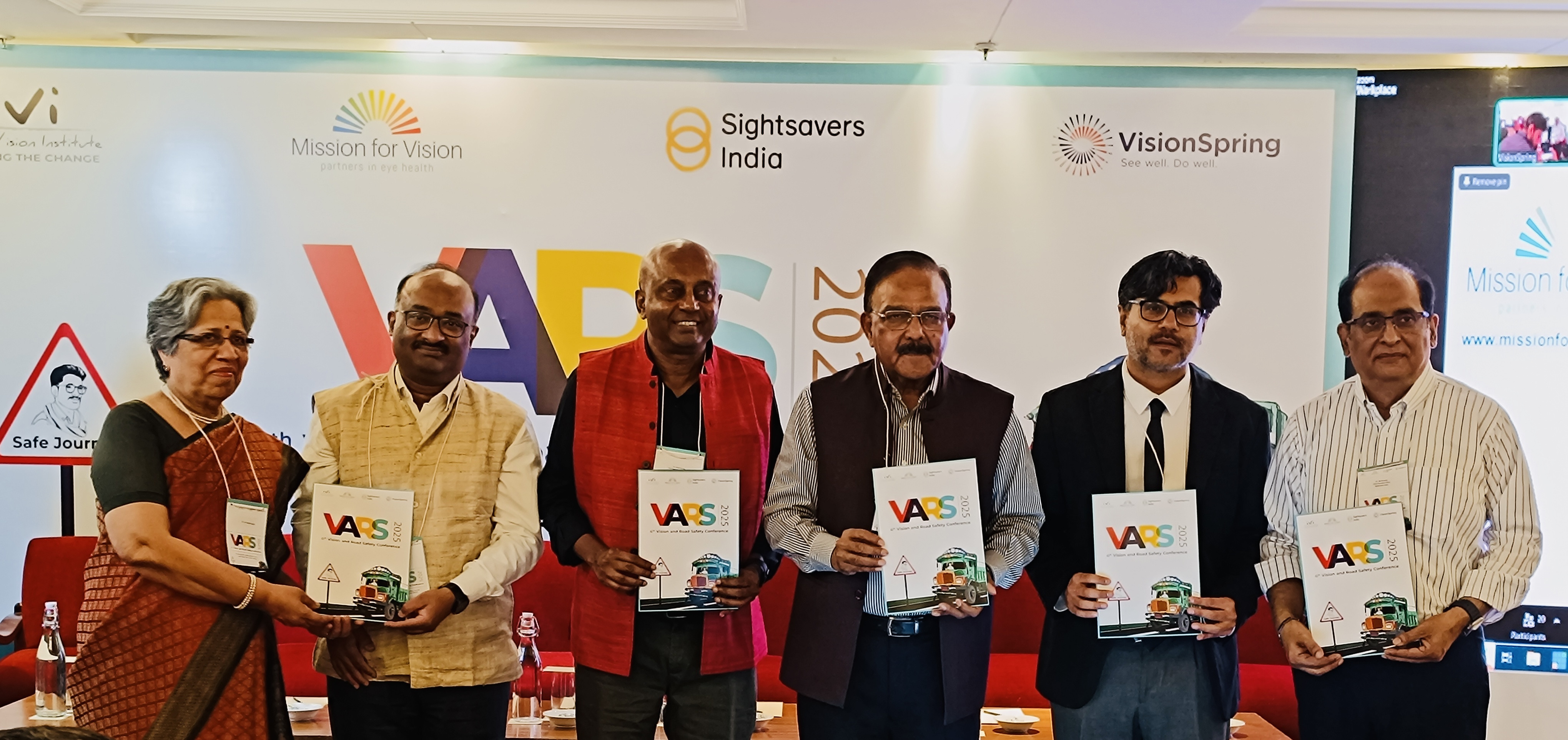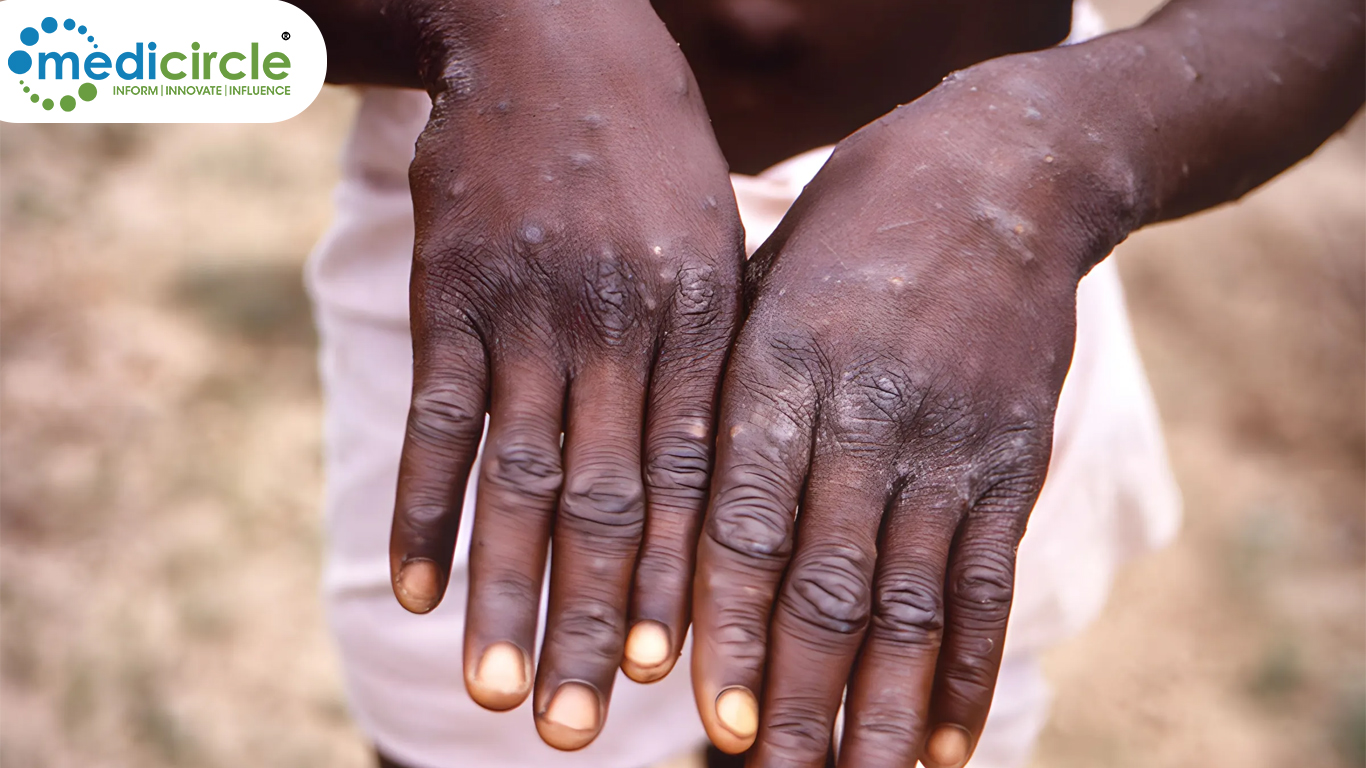Diets that don't include fish, eggs or meat for the most part come up short on the long-chain n-3 unsaturated fats, eicosapentaenoic acid (EPA) and docosahexaenoic acid (DHA), which are significant for cardiovascular wellbeing just as eye and cerebrum capacities. The plant-based n-3 unsaturated fat α-linolenic acid (ALA) can be changed over into EPA and DHA, yet with a genuinely low effectiveness. Compared with nonvegans, vegans will in general have lower blood centralizations of EPA and DHA. Notwithstanding, vegans can get DHA from microalgae supplements containing DHA, just as from nourishments sustained with DHA. In any case, EPA can be acquired from the retro conversion of DHA in the body. The oil from earthy colored green growth (kelp) has additionally been distinguished as a decent wellspring of EPA.
To acquire a healthfully satisfactory eating routine, the vegan should initially have suitable information on what establishes a healthfully sufficient eating regimen. Second, openness is significant, i.e., the accessibility of specific staples and nourishments braced with key supplements that are in any case ailing in the eating regimen.
The nutrients that vegans generally are deficient in, due to their food choices are:
Vitamin D
For a veggie lover, Vitamin D status relies upon both on sun exposureand the admission of vitamin D-braced nourishments. Those living in zones of the world without invigorated nourishments would need to devour a nutrient D supplement. Another matter of worry for vegans is that vitamin D2, the type of vitamin D satisfactory to vegetarians, is considerably less bio-available than the meat fortified with vitamin D3. In Finland, the dietary admission of Vitamin D in vegans was deficient to keep up serum 25-hydroxyvitamin D and parathyroid hormone fixations inside ordinary ranges in the winter, which seemed to negatively affect BMD in the long run. During the time serum 25-hydroxyvitamin D fixations were lower and parathyroid hormone higher in veggie lover ladies than in omnivores and different vegetarians. BMD in the lumbar district of the spine was 12% lower in veggie lovers than in omnivores.
Iron
Heme iron assimilation is considerably higher than non-heme iron from plant nourishments. Vegans regularly expend a lot of nutrient C–rich nourishments that especially improve the retention of the non-heme iron. Serum ferritin fixations are lower in certain vegans, though the mean qualities will in general be like the mean estimations of different veggie lovers however lower than the mean an incentive for omnivores. The physiologic hugeness of low serum ferritin fixations is dubious right now.
Vitamin B-12
Compared with lactoovovegans and omnivores, vegans ordinarily have lower plasma VitaminB-12 concentrations, higher commonness of Vitamin B-12 inadequacy, and higher convergences of plasma homocysteine. Raised homocysteine has been viewed as a hazard factor for CVD and osteoporotic bone cracks. Vitamin B-12 inadequacy can create anomalous neurologic and mental indications that incorporate ataxia, psychoses, paresthesia, bewilderment, and dementia, state of mind and engine unsettling influences, and trouble with fixation. What's more, kids may encounter indifference and inability to flourish, and macrocytic pallor is a typical element at all ages.
Zinc
Vegans are regularly viewed as in danger for zinc inadequacy. Phytates, a typical part of grains, seeds, and vegetables, ties zinc and in this way diminishes its bioavailability. Be that as it may, a touchy marker to quantify zinc status in people has not been settled, and the impacts of minor zinc admissions are ineffectively comprehended. Although vegetarians have lower zinc consumption than omnivores, they don't contrast from the nonvegans in practical immune-competence as evaluated by regular executioner cell cytotoxic action. Apparently there might be facilitators of zinc retention and compensatory components to assist vegetarians with adjusting to a lower admission of zinc.
How can Vegans overcome these deficiencies?
1) To avoid B-12 deficiency vegans should ordinarily eat up supplement B-12, for instance, supported soy and rice drinks, certain morning dinner grains and meat analogs, and B-12–fortified healthy yeast, or take a step by step supplement B-12 upgrade. Developed soy things, verdant vegetables, and sea development can't be seen as a trustworthy wellspring of dynamic supplement B-12. No unfortified plant food contains any gigantic proportion of dynamic supplement B-12.
2) To ensure adequate calcium in the eating routine, calcium-continued plant sustenance should be routinely eaten up despite consuming the standard calcium hotspots for a vegans (green verdant vegetables, tofu, tahini). The calcium-propped sustenance consolidate arranged to-eat oats, calcium-reinforced soy and rice drinks, calcium-empowered orange and pressed apple, and various rewards. The bioavailability of the calcium carbonate in the soy rewards and the calcium citrate malate in apple or pressed orange resembles that of the calcium in milk. Tricalcium phosphate–reinforced soy milk was seemed to have an insignificantly lower calcium bioavailability than the calcium in dairy animal milk.
3) To ensure an adequate supplement D status, especially all through the winter, vegans ought to routinely eat up supplement D–animated sustenance, for instance, soy milk, rice milk, pressed orange, breakfast oats, and margarines that are fortified with supplement D. Where strengthened sustenance is out of reach, a step by step supplement of 5–10 μg supplement D would be fundamental. The upgrade would be particularly appealing for old veggie lovers.
4) Vegan should routinely use plant sustenance ordinarily affluent in the n-3 unsaturated fat ALA, for instance, ground flaxseed, walnuts, canola oil, soy things, and hemp seed–based rewards. In like manner, it is recommended that vegans eat up sustenance that are supported with the long-chain n-3 unsaturated fat DHA, for instance, some soy milks and oat bars. Those with extended requirements of long-chain n-3 unsaturated fats, for instance, pregnant and lactating women, would benefit by using DHA-rich microalgae supplements.
5) Because of the high phytate substance of a typical vegetarian diet, it is critical that a vegan eat up sustenance that are well off in zinc, for instance, whole grains, vegetables, and soy things, to give a satisfactory zinc affirmation. Bit of leeway could in like manner be gotten by vegans eating up supported arranged to-eat grains and other zinc-empowered sustenance.
Vegans are progressively thin, have lower serum cholesterol and beat, and value a lower threat of CVD. BMD and the threat of bone break may be a concern when there is a lacking confirmation of calcium and supplement D. Where open, calcium-and supplement D–fortified sustenance should be ordinarily eaten up.
There is a necessity for extra examinations on the association between vegan eating regimens and peril of harm, diabetes, and osteoporosis. Vitamin B-12 deficiency is a normal issue for vegans, so the use of supplement B-12–propped sustenance or upgrades are basic. To upgrade the n-3 unsaturated fat status of vegan, sustenance well off in ALA, DHA-supported sustenance, or DHA improvements should be reliably consumed. Vegans generally have an adequate iron confirmation and don't experience paleness more routinely than others. Typically, vegans can sidestep dietary issues if appropriate food choices are made.

 Vitamin B-12 deficiency is a normal issue for vegans, so the use of supplement B-12–propped sustenance or upgrades are basic for them.
Vitamin B-12 deficiency is a normal issue for vegans, so the use of supplement B-12–propped sustenance or upgrades are basic for them.







.png)
.png)










.jpeg)


.jpeg)



.jpeg)
.jpeg)






.jpeg)





